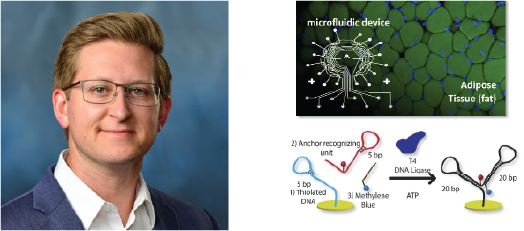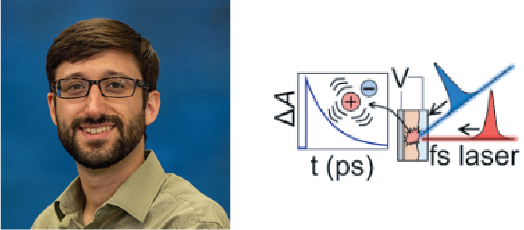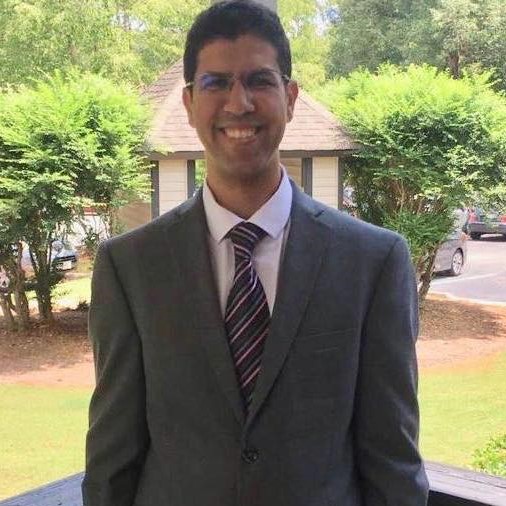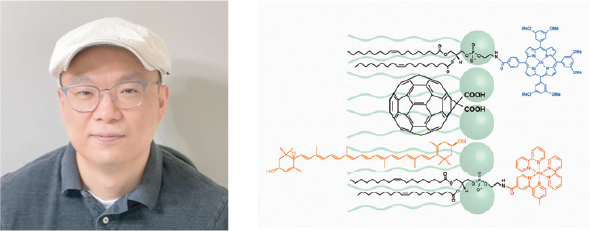Analytical
Department of Chemistry and Biochemistry

Dr. and Mrs. Charles Dent Williams Professor
chris.easley@auburn.edu
PhD University of Virginia (2006)
Disciplines: bioanalytical, analytical, biochemistry, medicinal
Research in the Easley group is multidisciplinary, including bioanalytical chemistry, microfluidics, electrochemistry, thermofluorimetry, fluorescence microscopy, and cell/tissue culture. We design custom microfluidic devices that can culture and sample from adipose tissue (fat) at high resolution, improving our understanding of diabetes, obesity, and metabolic syndrome. We also have developed electrochemical sensors for biomarker detection and disease monitoring, using DNA-based bioconjugates assembled at electrode surfaces—these sensors have been licensed for commercial use. Currently, both of these major thrusts are funded by the National Institutes of Health (NIH).

Assistant Professor
chris.grieco@auburn.edu
PhD Pennsylvania State University (2017)
Disciplines: physical, analytical, materials, polymers, energy, photochemistry, photophysics
The Grieco lab aims to develop a fundamental understanding of mixed ionic-electronic conduction in conjugated polymers for ion-charge signal transduction and storage. Motivated by bioelectronic and energy storage applications, our research lies at the interface between Physical Chemistry, Materials Chemistry, and Engineering. We develop and apply in situ time-resolved optical spectroscopies for probing the elementary processes that occur during mixed ionic-electronic conduction. Our ultimate goal is to develop polymer design principles for maximizing their performance in electrochemical devices.

Associate Professor
amh0218@auburn.edu
PhD Virginia Commonwealth University (2012)
Disciplines: analytical, clinical, environmental
Our group is interested in the development of novel mass spectrometry instruments, in particular those utilizing ion mobility separations. We use them in several applications to clinical and environmental sciences, focusing on rapid identification of infectious diseases by efficient dscrimination of pathogens. Moreover, we are interested in direct detection of pesticides from crops to help monitor the levels of pesticides and cut the rates of unintentional poisoning. We also work towards developing a portable ion mobility analytical device that can be used to diagnose infectious diseases and detect pesticides.

Professor
wzz0001@auburn.edu
PhD Texas A&M University (2004)
Disciplines: analytical, bioanalytical, materials, energy
We have broad research interests in solar energy conversion, bioanalytical chemistry, and materials chemistry, which, amazingly, are tied together by a single type of species - lipids. Since lipids are amphiphilic molecules – bearing both hydrophilic and hydrophobic groups on the same molecule – they can self-assemble or be directed to assemble into various interesting nanostructures with distinct size, shape, and geometry. In our lab, we spend a lot of time designing and controlling these lipid-based molecular assemblies. To probe these structures, we quite often rely on tools based on electrochemistry and flouriescence
